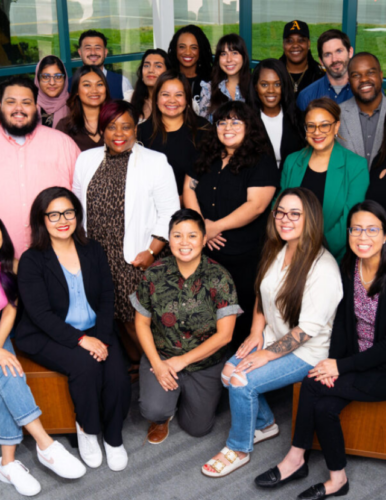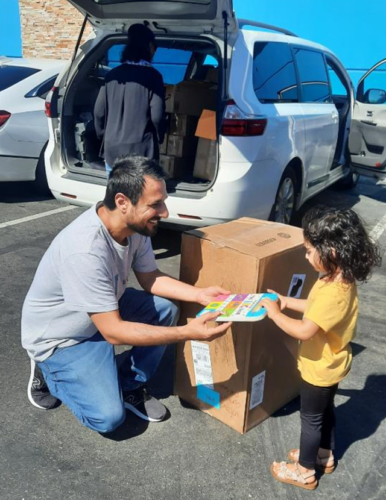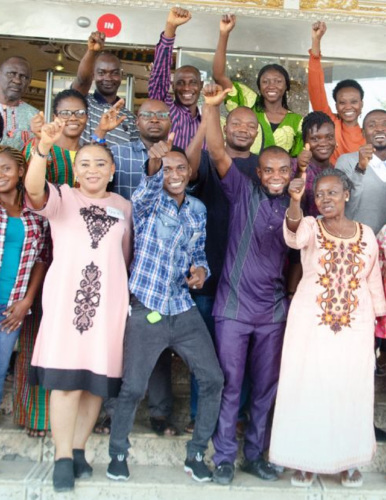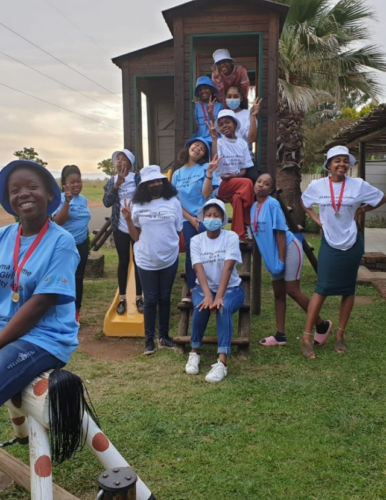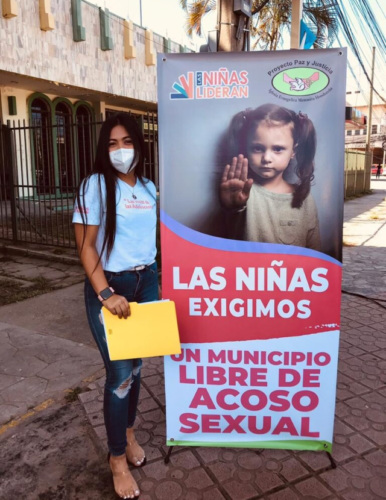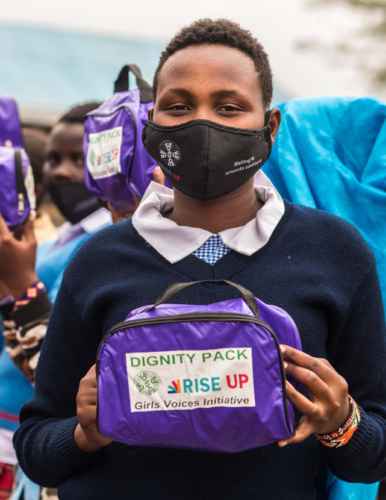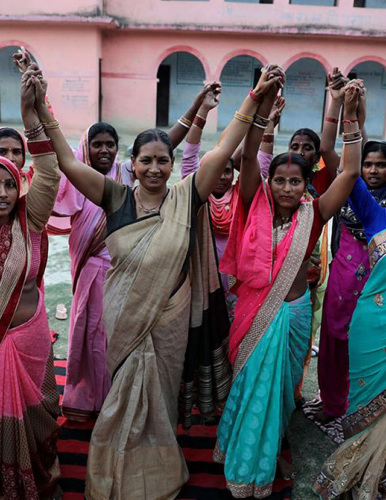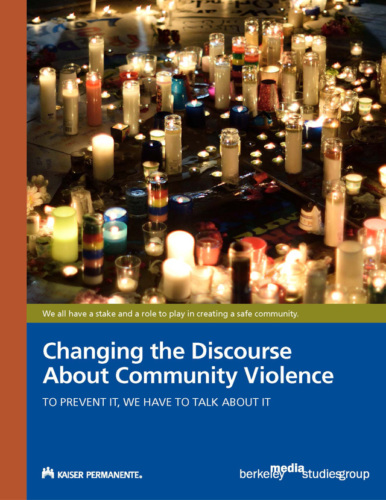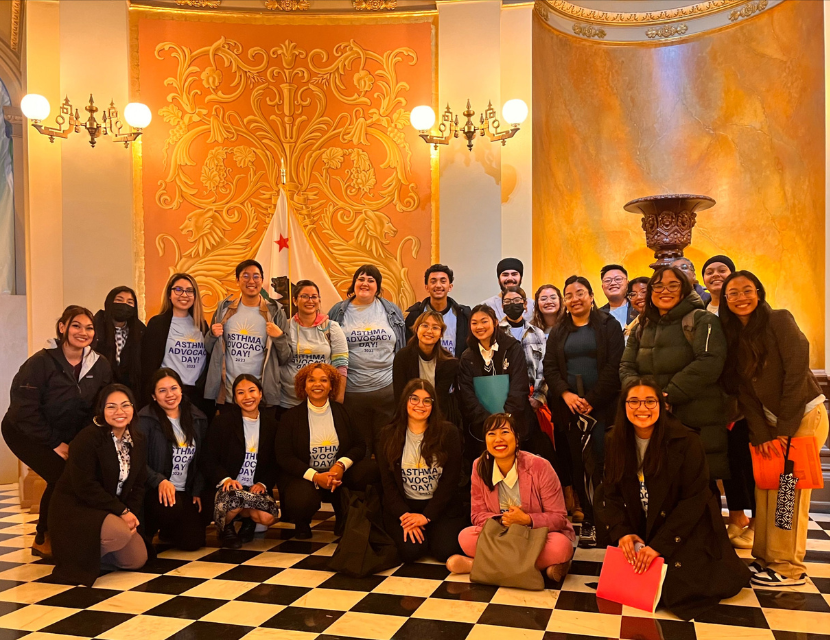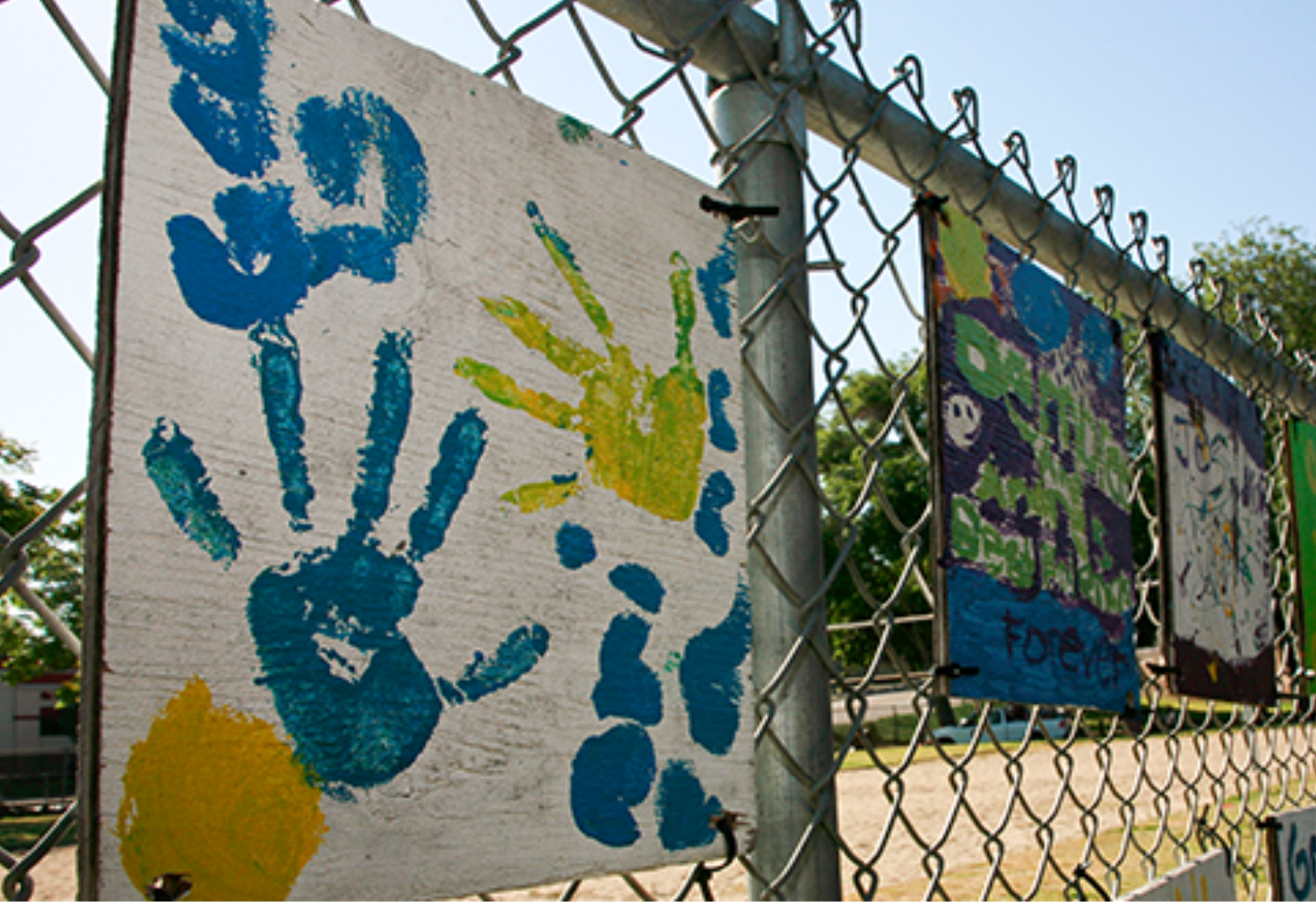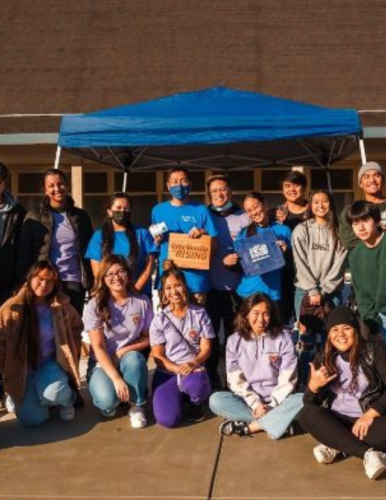
Violence Prevention
Violence and perceptions of violence negatively impact individual lives and the entire health of a community—limiting physical activity opportunities at parks and other public spaces, contributing to a lack of jobs and economic opportunities, creating barriers to education, participation in public policy discussions, and even preventing access to healthy food, drinkable water, and quality health care. The Public Health Institute believes that violence is a public health problem, and must be met with a comprehensive public health solution. We have experience developing and advancing community-based violence prevention strategies, including those that address intimate partner violence and gun violence, often in low-resource settings. We have contributed to the growing body of research demonstrating the connections between violence and public health, and track state, national, and international policy reforms to reduce violence.
Our expertise can make your work stronger
See how PHI can work with you to support or lead your work on this issue.
Our Impact
See all Violence Prevention Impacts

- 400+ people attended the 1st Annual ACEs Summit
- 500K girls throughout India can attend school free from harassment, thanks to Rise Up
- 200K girls protected from child marriage

Programs
Active Programs
Work With Us
You change the world. We do the rest. Explore fiscal sponsorship at PHI.
Support Us
Together, we can accelerate our response to public health’s most critical issues.
Find Employment
Begin your career at the Public Health Institute.
